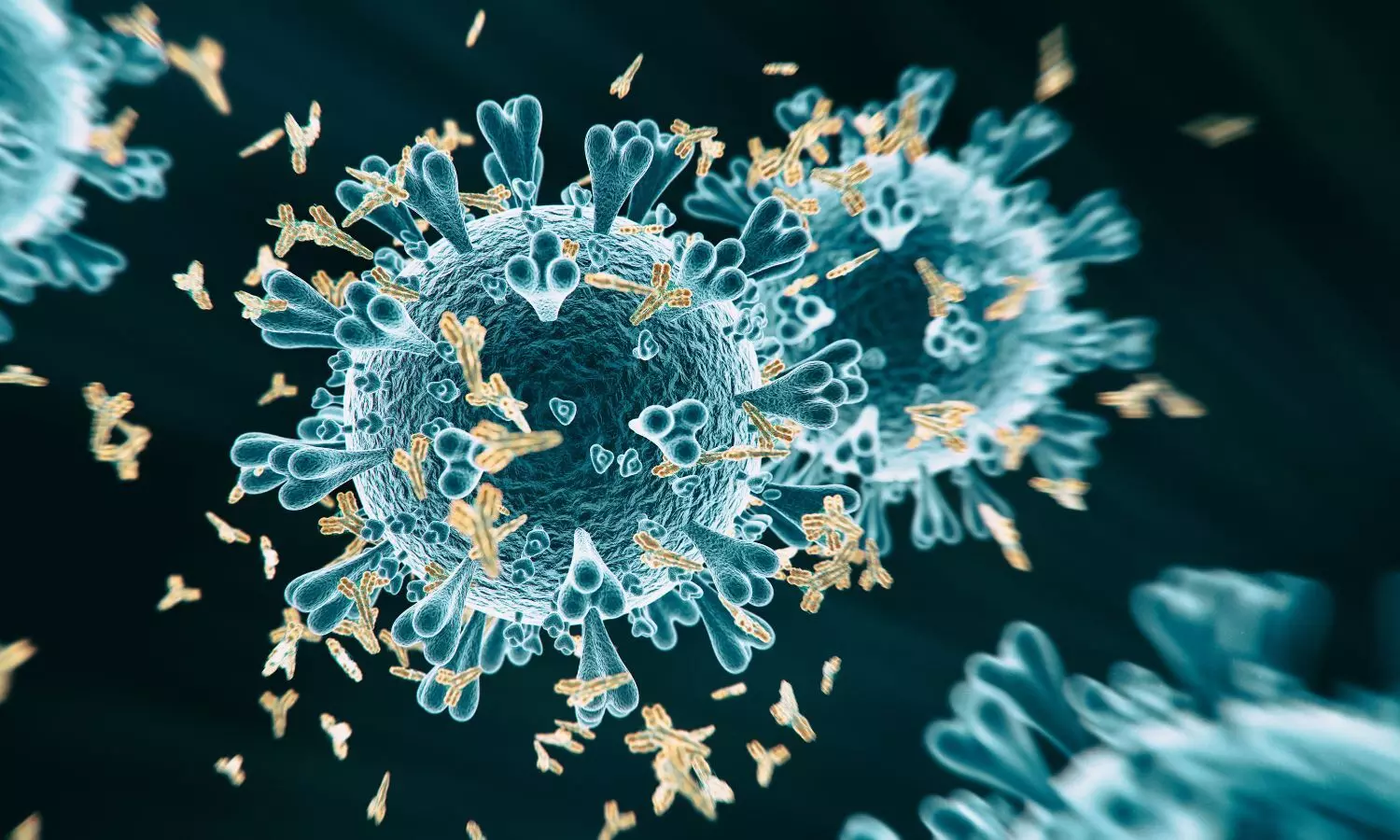Study Finds Covid-19 Protein May Cause Immune System to Attack Healthy Cells

New Delhi: A new study by Israeli scientists has revealed how a protein from the COVID-19 virus may cause the immune system to attack the body’s healthy cells mistakenly. This discovery could explain why some people experience severe symptoms or long-term complications from COVID-19.
Researchers from the Hebrew University of Jerusalem focused on a protein called nucleocapsid protein (NP), which normally helps the virus package its genetic material inside infected cells. However, the study found that NP can also escape infected cells and attach to nearby uninfected epithelial cells, which are found on the surface of organs such as the lungs.
When NP appears on the surface of these healthy cells, the immune system misidentifies them as infected. This triggers the production of anti-NP antibodies, which then mark these healthy cells for destruction. As a result, the immune system attacks cells that are actually not infected, leading to inflammation, tissue damage, and more severe disease.
This process activates the classical complement pathway—a part of the immune system known for causing strong inflammatory reactions. Scientists believe this mechanism may also be behind some cases of long COVID, where symptoms persist for weeks or months after the infection has cleared.
The study, published in the journal Cell Reports, also tested a potential solution. Researchers found that enoxaparin, a commonly used blood thinner and heparin-like drug, can block NP from binding to healthy cells. In lab tests and patient samples, enoxaparin prevented the protein from causing immune damage.
This finding may lead to new ways to treat or prevent immune-related complications in COVID-19 and possibly other viral infections.
Meanwhile, health officials are monitoring a new COVID-19 variant called NB.1.8.1, part of the Omicron family. First identified in January 2025, it is spreading in several countries, including India, the US, the UK, and Australia. The World Health Organisation has labelled it a “Variant Under Monitoring,” meaning it is spreading but not yet considered a major threat.


